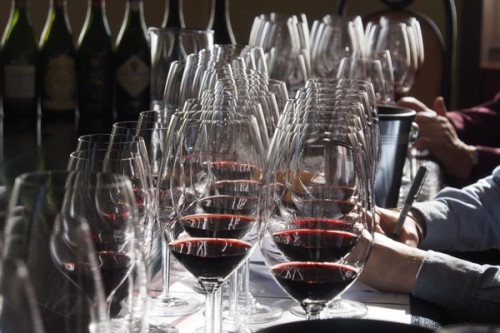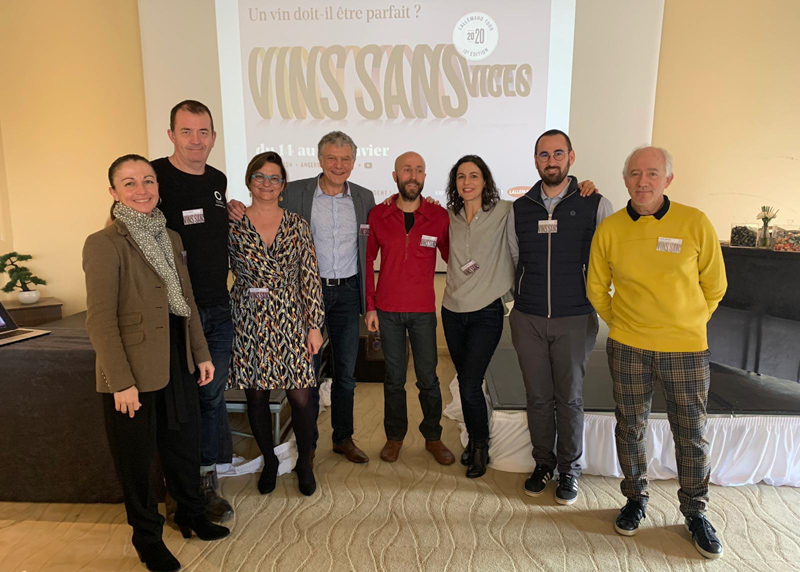
Framing is a social science term which refers to a set of concepts and perspectives that then form the background that influences how we think on certain issues. In this sense, framing is part of the narrative structure with which we see the world. American academic and author George Lakoff has popularized the term in his book ‘Don’t think of an elephant,’ in which he looks at how certain words and ideas have framed political discourse in the USA. For example, the term ‘tax relief’ has a strong framing influence.
‘The word relief evokes a frame in which there is a blameless Afflicted Person who we identify with and who has some Affliction, some pain or harm that is imposed by some external Cause-of-pain,’ say Lakoff. ‘Relief is the taking away of the pain or harm, and it is brought about by some Reliever-of-pain,’ he explains. ‘The Relief frame is an instance of a more general Rescue scenario, in which there a Hero (The Reliever-of-pain), a Victim (the Afflicted), a Crime (the Affliction), A Villain (the Cause-of-affliction), and a Rescue (the Pain Relief). The Hero is inherently good, the Villain is evil, and the Victim after the Rescue owes gratitude to the Hero.’ This is just one example of how the language used in political discourse automatically frames the issue under discussion, providing context and then influencing how the issue is then seen.
How does this apply to wine? The use of words is inseparable from our experience of wine. Even the names of wines, or the grapes that they are made from, carry with them supplementary meaning – the frames – that influence our experience of these wines. For example, I have a friend who claims that she hates Gewurztraminer. For her, the very word comes loaded with meaning, and to each experience of Gewurztraminer there is a framing effect that comes from the name of the variety. If she were to taste a Gewurtrminer blind and not realize that it is made from this variety (a tough ask: after all, this is a very distinctive variety), then there would be no such frame and she would be freer to enjoy the experience.
We come to wine with words, and these words influence the interpretation of the experiences of wine itself. Once we have the word ‘Gewurztraminer’ in our minds, it’s hard not to let this influence our perception of the wine in the glass. In some cases, our words get in the way of the actual experience. This is particularly dangerous for wine experts like me, because we have template descriptions for different wine styles that we all to readily rush to when we know (or think we know) what sort of wine we are tasting. This top-down cognitive knowledge can overshadow what we are experiencing in the glass.
Indeed, some researchers think we move too quickly to words, rather than dwelling in the sensory experience. I spoke wthe Melanie McBride who is a doctoral researcher working on intersensory learning involving smell and taste at York University, Toronto. ‘In cultures where smell is a primary learning and considered a critical dimension of experience, they have more language/words for it because it is a higher priority for them,’ she explains. ‘In the west where developmental psychology theories such as Piaget’s ages and stages still dominate our thinking, we see physical knowledge as a low stage we’re to grow out of and grow “into” social knowledge.’
Her view is that in our culture we move away from the sensory experience itself and go straight to words. For wine tasting, the implications are obvious. We jump straight to winespeak, and this distorts the actual experience of tasting and smelling the wine. McBride gives the example of experiencing strawberries. ‘We had to stop smearing the strawberry on our face and mashing it into our mouths because this was considered a lower and more infantile way of relating with knowledge than using words, signs and symbols. And so when the sensory stage is pathologized as being infantile, we basically stop a process of learning that should have continued.’
What does this mean for teaching people about wine? ‘I believe we could radically redefine wine learning with far more of an emphasis on physical knowledge and tasting than language or theory,’ says McBride. ‘I think the real problem with wine training is that it’s far too focused on the theory and rote memorization of terms and sticking with the ‘grid’ than it is with actually learning how to use your tongue, mouth, nose and eyes to understand what’s in the glass and in your body.’
So next time you try a wine, pause before you allow yourself to rush to write a tasting note. Don’t analyse the wine. Stop those words forming in your mind. Take a step back and dwell in the actual experience of the tastes, textures, smells and flavours. Allow the wine time to speak to you and bypass your critical faculties. Then, and only then, reach for your words. It will be a different experience, and you may well enjoy the wine more.
3 Comments on Framing and wine tasting: how words can get in the way of experience

What about taste memory? I might write three different notes on a 1947 Cheval Blanc but the flavor and aroma are nevertheless forever fixed in my mind. The recollection of the bouquet snd savor become my frame for all Cheval Blancs and many St Emilions and perhaps other Bordeaux assemblages. There is no knowledge, in the case of wine and other sensory things, without empirical, get-your-hands-dirty, work. Judgment, as you point out, is the enemy of perception, but to taste openly and freely is to gain real knowledge. Avoiding gewurztraminer closes off a very fertile valley from ever being exploited and leaves the taster without all the tools to tie the many loose ends together.
Joe Dressner had a really good piece with the same idea awhile ago. I can’t find the original but it was reposted here. http://www.wineberserkers.com/forum/viewtopic.php?p=700600
Thanks for this Jamie – great post!
Hey Dennis – I think what I was trying to get across in my remarks to Jamie is that this is not an either/or with memory. memory obviously key but the issue really is when memory *obscures* physical knowledge, which it most often does in the case of relying on a set list of descriptors or grids rather than engaging directly with the sensations in your mouth, nose etc. Re; Gewurtz – the issue isn’t ‘avoiding’ it, the issue is deciding it’s going to have certain aromas and flavours based on received knowledge, calling the wine to so speak, without properly tasting it. Deciding its got to have this or that aroma, when in fact, it doesn’t always – doesn’t mean it’s not a Gewurtz. The history of Western knowledge is logo-centric – i.e., textbound. And literacies are often based on mastery of words and textbound knowledge and not embodied or physical knowledge (often historically framed as base, animalistic, infantile and associated with marginalized groups and individuals whose ways of knowing and making sense of the world have been deemed irrational or insignificant according to western notions of reason, knowledge and literacy, which are, again, text bound. I’m no expert in wine but I can say I’ve studied quite a bit about language and knowledge games and who is positioned or qualified as an expert and how this is often a product of gatekeeping, particularly in forms of knowledge that originated within guilds. Literacy has functioned, more often than not, as a means of maintaining particular structures of knowing and qualifying knowledge and not, as many folks assume, encouraging ‘learning’ or empowerment. That requires a lot more forms of knowledge and permitting multiple routes to knowing – that includes and emphasizes the body and the senses and also their relation to the whole environment – social, cultural and environmental.